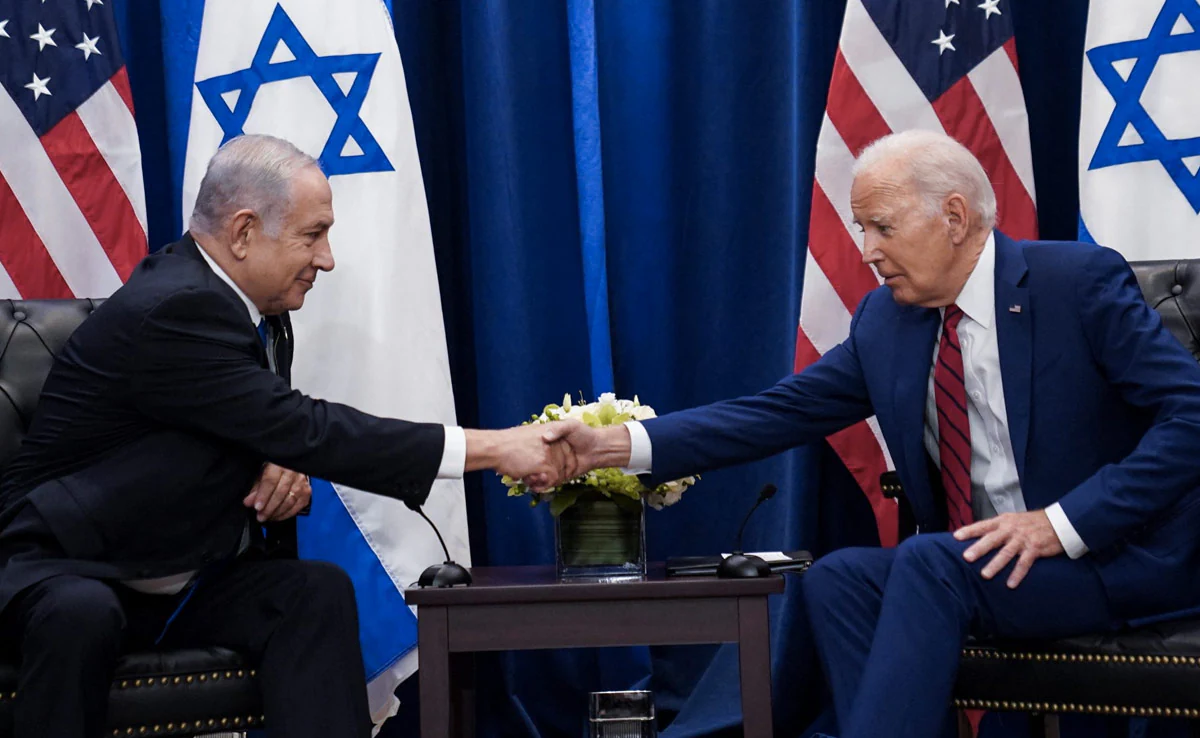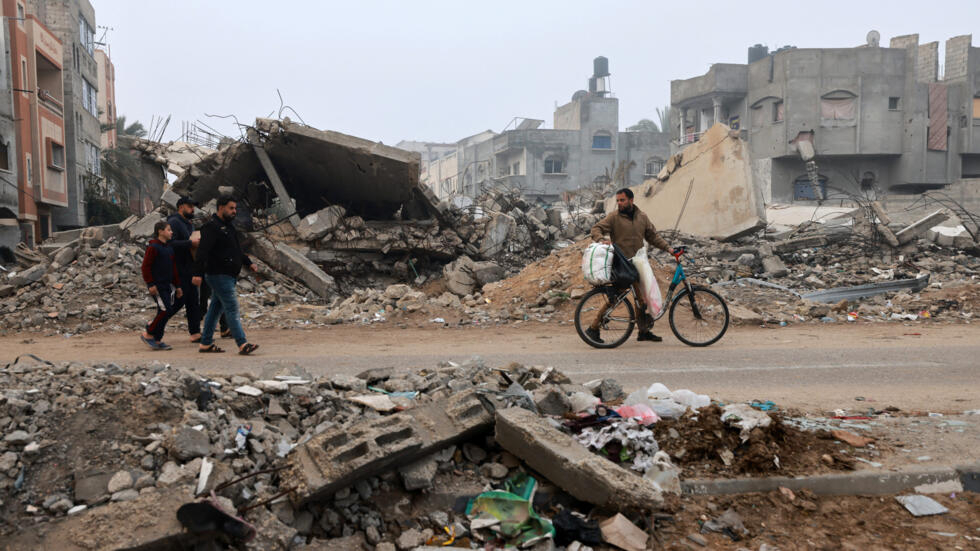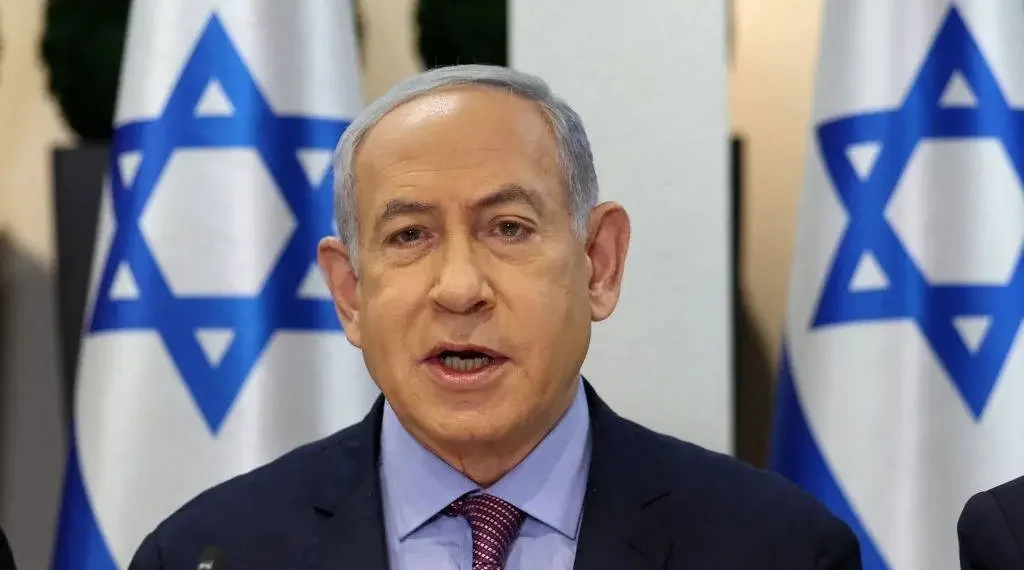Israel has requested the rescheduling of a high-level meeting at the White House concerning military plans for Gaza’s southern city of Rafah. This request follows Prime Minister Benjamin Netanyahu’s abrupt cancellation of the meeting, prompted by the United Nations passage of a Gaza ceasefire resolution on Monday.
The cancellation marked a significant downturn in relations between Netanyahu and President Joe Biden.
The suspension of the meeting complicates U.S. efforts to persuade Netanyahu to consider alternatives to a ground invasion of Rafah, which serves as a relatively safe haven for Palestinian civilians amidst the conflict.

White House spokesperson Karine Jean-Pierre confirmed that Netanyahu’s office agreed to reschedule the meeting dedicated to Rafah, with plans underway to set a convenient date.
An Israeli official in Washington, speaking anonymously, confirmed the arrangement for a new meeting and indicated that Netanyahu might send his delegation as early as next week. Despite this, there was no immediate response from Netanyahu’s office.
Israeli Defense Minister Yoav Gallant has engaged in discussions with senior U.S. officials to ease tensions between the two nations.
The Israeli delegation, led by Strategic Affairs Minister Ron Dermer and National Security Adviser Tzachi Hanegbi, will focus on the threatened offensive in Rafah, where over a million displaced Palestinians seek shelter.
The talks aim to address Israel’s concerns about Hamas and the remaining Palestinian militants in Rafah. The U.S. State Department expressed belief in the potential effectiveness of a limited military campaign in targeting the militants.

Washington intends to present alternatives to Israel for neutralizing Hamas’ remaining forces in Rafah without resorting to a full-scale ground invasion, which it considers detrimental.
The strained relations between the U.S. and Israel have raised questions about potential restrictions on military aid if Netanyahu proceeds with an offensive in defiance of Biden’s stance.
Netanyahu criticized the U.S. abstention from the U.N. resolution, viewing it as a setback to Israel’s efforts in the conflict and negotiations to release hostages held in Gaza. However, U.S. officials maintained that there had been no policy change, expressing confusion over Netanyahu’s reaction.










